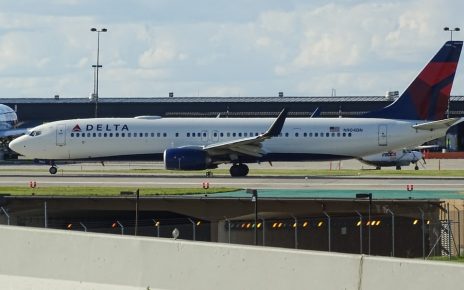Self Driving Taxi In Saudi Arab Lunched
A major step in the Kingdom’s drive to modernize its transportation infrastructure and adopt artificial intelligence as part of its Vision 2030 agenda, Saudi Arabia on Wednesday began the pilot phase of its first self-driving taxi program in the capital, Riyadh, and lunched Self Driving Taxi In Saudi
Autonomous taxis will be introduced during the 12-month trial at seven key locations throughout the city, including the Roshn Business Front, Princess Nourah Bint Abdulrahman University, King Khalid International Airport (Terminals 2 and 5), and important connecting highways.
The pilot, which will operate under strict technical and regulatory supervision, will be supported by a total of 13 designated pick-up and drop-off stations. Eng. Saleh Al Jasser, Minister of Transport and Logistics Services and Chairman of the Public Transport Authority’s Board of Directors, formally launched the project. Al Jasser, who spoke at the launch, called the project a “qualitative leap” that demonstrates the Kingdom’s dedication to creating an intelligent, sustainable, and integrated transportation system.
Al Jasser stated, “This pilot phase embodies the Kingdom’s ambitious vision to build a future-ready transport sector that supports economic diversification, enhances quality of life, and promotes technological innovation.” He referred to the project as an example of effective public-private cooperation and emphasized the significance of sustainability, operational effectiveness, and localizing innovation.
The Saudi Data and Artificial Intelligence Authority (SDAIA) is leading the effort in collaboration with a group of domestic and foreign partners. These include the Saudi Standards, Metrology and Quality Organization, the General Authority for Survey and Geospatial Information, the Digital Economy, Space and Innovation System, and the Ministry of Interior.
Leading technology companies like AiDriver, WeRide, and Uber are examples of private sector partners, demonstrating a strategic fusion of academic, commercial, and regulatory expertise.
The autonomous vehicles are currently operating in real-world urban settings under the supervision of the General Transport Authority. A Every taxi has a safety officer present to monitor system performance and ensure passenger safety during this initial phase.
According to Dr. Omaima Bamasq, Deputy for Transport Enablement at the General Authority for Transport, “The goal is to enable the use of autonomous vehicle technology in a real-world setting, build the appropriate legal and operational frameworks, and lay the foundation for eventual nationwide rollout.” “This is a fundamental step towards enhancing the intelligence, connectivity, and sustainability of Saudi cities.”
The self-driving taxis have AI-based decision-making capabilities, real-time traffic sensors, and sophisticated navigation systems. Future versions seek to transition to completely autonomous, human-free operation, even though passengers will travel with trained safety personnel during the pilot.
The National Transport and Logistics Strategy, which aims to establish the Kingdom as a global logistics hub, diversify modes of transportation, and reduce emissions through smarter, greener technologies, also aligns with this trial. Throughout its 12-month duration, the pilot will be closely watched, and passenger feedback and performance metrics will help determine whether to expand into other Saudi cities.
Saudi Arabia is claiming its place in the future of mobility, where innovation, sustainability, and artificial intelligence will propel advancements, as Riyadh becomes the most recent global capital to deploy self-driving cars.


